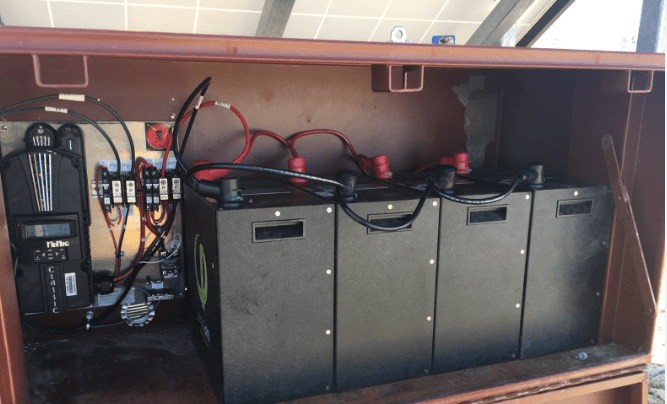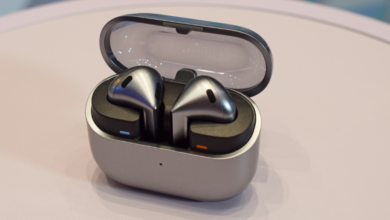What Are The Various Uses Of Lithium Batteries?

Have you ever wondered why lithium batteries or cells are becoming so popular in a technology-driven world? What makes them stand out compared to other types of batteries? This article will travel over the diverse uses of these cells and how they power the devices and systems we rely on daily.
Powering Portable Electronics
One of the most common uses of a lithium battery pack is in portable electronic devices. These batteries are the preferred choice from smartphones to laptops due to their better energy density, long life, and lightweight design. These batteries provide the necessary power to keep our gadgets running for extended periods without frequent recharging. Their ability to hold a charge for longer and recharge quickly has made them indispensable in modern consumer electronics.
Enabling Electric Vehicles
Lithium batteries are revolutionising the automotive industry by powering electric vehicles (EVs). These cells offer the high energy storage needed to support the long-range travel of electric cars, making them a feasible alternative to gasoline-powered vehicles. The efficiency and reliability of these batteries contribute to the growing adoption of EVs, helping reduce carbon emissions and promote sustainable transportation. As battery technology advances, we can expect even longer driving ranges and faster charging times, accelerating the shift towards electric mobility.
Enhancing Medical Devices
Lithium batteries are also crucial in the healthcare industry, where they power a wide range of medical devices. From portable diagnostic equipment to implantable devices like pacemakers, lithium cells’ reliability and long life ensure that these devices function optimally. The lightweight nature of these batteries makes them ideal for wearable medical technologies, allowing patients to monitor their health without being tethered to bulky power sources. In critical situations, the dependable performance of these cells can make a significant difference in patient care.
Improving Power Tools
The construction and home improvement industries benefit greatly from lithium batteries used in power tools. These batteries offer a combination of high power output and long-lasting performance, making cordless tools more efficient and versatile. Whether it’s a drill, saw, or other handheld equipment, working without being connected to a power outlet gives users the flexibility to work in various environments. Lithium cells also recharge quickly, minimising downtime and increasing productivity on the job.
Advancing Aerospace and Defense Technologies
Lithium batteries power a range of technologies in aerospace and defense applications, where performance is paramount. From drones and satellites to communication systems, the high energy density of these cells ensures that these devices operate effectively even in demanding conditions. Their ability to perform in high temperatures and environments makes them ideal for military and space missions, where traditional cells might fail.
Expanding Consumer Goods Applications
Beyond electronics and industrial uses, these batteries are increasingly found in everyday consumer goods. From electric scooters and bicycles to portable speakers and cameras, lithium batteries offer the convenience of long-lasting power in a compact form. Their versatility allows them to be applied in a wide range of products, meeting modern consumers’ demands for reliability, efficiency, and portability in their devices. As technology continues to change, the applications of lithium cells in consumer goods will only expand.
See also: Why Businesses Are Choosing VoIP for Superior Customer Engagement
The lithium battery pack has become crucial in various industries, powering everything from portable electronics and electric vehicles to medical devices and renewable energy systems. Its efficiency and reliability make it a perfect choice in applications with essential performance and long life. As advancements in battery technology continue, the role of lithium batteries in shaping the future of energy storage and consumption will undoubtedly grow, impacting many aspects of daily life.






